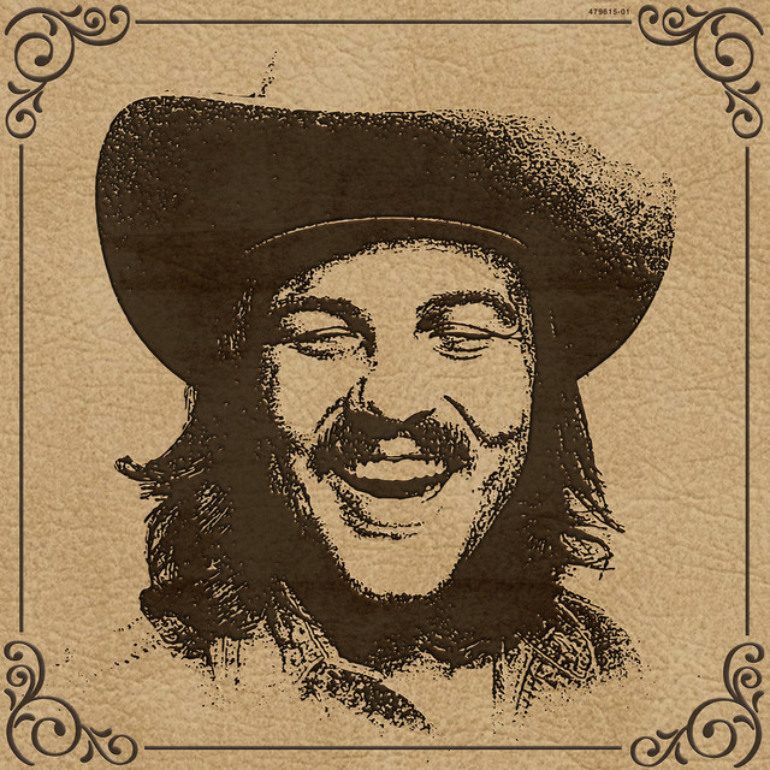

A likable if an unoriginal debut
The problem with using a bare-bones approach is the lack of a safety net. If a lot is going on, there’s a greater chance that one of the elements will endear itself to listeners. When going for a stripped-down approach, there’s less of an excuse if something needs to be fixed. For example, JD Clayton’s debut record attempts pretensionless Americana and country. He bounces around familiar styles with little ambition to create something in the hopes his talent can outweigh the derivativeness. It’s well-performed and capable of charming folksiness, but Clayton could still refine his voice and play to his strengths in the future.
Long Way from Home starts with a shorter snippet, as many albums do. “Hello, Good Mornin'” finds Clayton singing over serene acoustics accompanied by the sound of birds, giving the illusion he’s performing in the woods. The antique production appears again on the tail end of “Beauty Queen.” At this moment, he sings that she’s a “flower that never withers / Silver that always shines,” implying this conversation is taking place far into their future together. The more intimate guitar and vintage-sounding vocals add to the age suggested in the final lyrics. This lo-fi or nature recording approach is a good fit for his delivery and should be explored in the future.
Speaking of vocals, Clayton’s higher-pitched wispiness akin to Willie Nelson’s is put in several different musical contexts with mixed results. “Heartache after Heartbreak” is going for shredding blues rock. Still, the stiff staccato hook prevents the song from exploding, and he does not have the power or edge to work with roaring solos. On the other hand, “Cotton Candy Clouds” feels like it should be a home run with his vocal tone. Yet, the music lacks any of the bliss implied in the title. He sounds strained and uncomfortable instead of easygoing and hypnotizing. The backing vocals on “Sleepy Night in Nashville” work wonderfully with the song’s banjos and campfire singalong setting. It would’ve been nice for these to be more prominent across the album.
The most promising aspect of Long Way From Home comes in some genuinely timeless feelings of the melodies. Even if the leisurely delivery implies a level of subversion that the lyrics do not match, “American Millionaire” starts off with some of the album’s catchiest refrains. “Different Kind of Simple Life” brings in more piano and pedal steel for a sad reflection on a hard upbringing and trying to escape it. There’s a perfect blend of uplifting escapism and quiet contemplation in both his songwriting and content. But the definite highlight is the title track, where he discusses the relationship with his mother and feeling homesick while putting in work trying to break through in Nashville. The chorus is built on a tune that could’ve been written 50 years ago. It’s full of winning lines like “Yeah, I’m a try and be there by supper time / But I can’t promise you that” and “They said they like my songs but keep writing/ If I lost more weight, they might like what they see.” It’s these moments of classic songwriting that showcase the most potential.
Debut albums are prone to being a little all over the place, and Long Way From Home bounces from honky-tonk to folk to campfire singalong over its 10 tracks. It’s competent enough, and the moments of shining potential are enough to outweigh the sense of unoriginality. It’s far from a classic, yet it gives a solid first impression and hope for future greatness.
